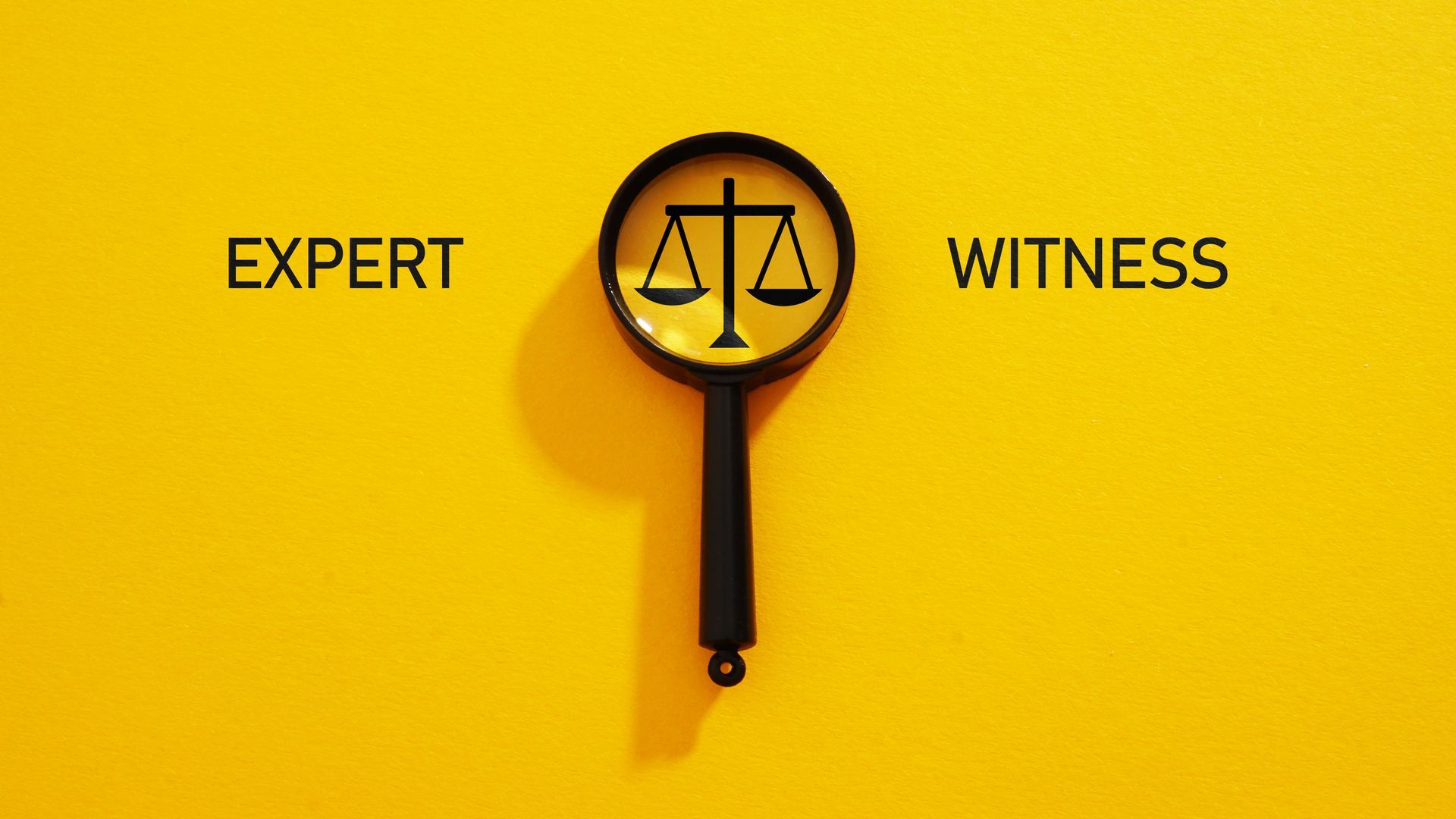In Which Instances Would a DUI Get Dismissed in Arizona?

Being arrested for driving impaired in Arizona doesn’t automatically make you guilty of drunk driving. Under Arizona’s statute of limitations, the state prosecutor will have one year to charge you with a misdemeanor DUI or seven years to charge you for a felony DUI.
Before a prosecutor can charge you with a DUI, they will have to decide if there’s enough evidence to do so. If the evidence gathered before and after your arrest is questionable or insufficient, your DUI case may be dismissed.
If you’ve been arrested for drunk driving, it’s important to hire an experienced DUI attorney who can effectively defend you and fight for a potential dismissal of your case. DUI defense lawyer Michael Alarid is one of only five current Arizona lawyers who is board certified through the National College for DUI Defense (NCDD).
What Events May Lead to a DUI Arrest in Arizona?
Before anyone is arrested for DUI, they are usually stopped by the police. There are several reasons why someone may be pulled over:
- Reasonable suspicion: A police officer may stop someone if they have reason to believe the driver is intoxicated. Common signs of drunk driving include swerving, drifting in and out of lanes, stopping without a cause and striking objects and other vehicles.
- Traffic violation: If you’re speeding, running red lights or driving at night without your lights on, police may pull you over and ultimately arrest you for DUI if they suspect you were driving impaired.
- Sobriety checkpoint: In Arizona, drivers may be routinely stopped at sobriety checkpoints. If someone is drunk when they are stopped at one of these checkpoints, they may be arrested for DUI.
What Evidence Is Used in a DUI Case?
If you’re pulled over by a police officer and they suspect you’re drunk, they may ask you to take at least one of three commonly employed Standardized Field Sobriety Tests (SFSTs):
- Horizontal Gaze Nystagmus: Tests the movement of the driver’s eyes while they track objects with their eyes. The driver must hold their head still and follow an object, such as a pen or pencil, with only their eyes. If the eye “jerks” or “bounces” as the driver tracks the object, this may be used as evidence and contribute to their arrest.
- Walk-and-Turn: This is a balance test. The driver will be instructed to take nine heel-to-toe steps, turn around and repeat the same number of steps. There are eight different clues the officer is looking for on this test and failing on only two of those eight clues may lead to an arrest.
- One-Leg Stand: This is also a balance test. The driver will be instructed to stand on one leg for 30 seconds. During the test, the police officer is looking for signs of swaying, hopping, putting the raised foot down, or raising one’s arms, all of which may be used as evidence in a DUI arrest.
Arizona drivers may also be asked to take a breath, blood or urine test to determine their blood alcohol content (BAC) level. While you’re not required by law to take these tests, failure to do so may lead to an arrest and/or driver’s license suspension. Also, if any of these tests determines your BAC level within two hours of driving is over the legal limit (.08 percent), you’ll likely face a DUI charge.
What Can Cause a DUI Case to Be Dismissed?
There are many reasons a DUI case may be dismissed. Remember, police officers don’t have perfect judgment and can make mistakes or misinterpret evidence, such as a driver’s behavior or lack of agility. Some common reasons for a DUI case dismissal include:
- Stopping a driver without reasonable suspicion: A police office must have reasonable suspicion to stop you unless they’re at a predetermined sobriety checkpoint.
- Misinterpreting a field sobriety test: Even a sober person can have difficulties passing a sobriety test. Things like age, obesity and fatigue are examples of factors that can negatively affect the test results.
- Lack of Probable Cause to arrest: Even if the police officer had reasonable suspicion to stop you, the officer must separately develop probable cause that you are driving under the influence before they may arrest you. If they did not ask you to perform SFST’s, or asked you to perform them incorrectly, they may not have developed probable cause.
- Violation of your Right to Counsel: Every person who has been arrested for DUI has a right to speak with an attorney immediately. If the officers do not give you that opportunity, that is a denial of your right to an attorney and can potentially result in a DUI case dismissal.
- Medical conditions: Certain medical conditions, like diabetes, multiple sclerosis, or neurological conditions, can affect a person’s speech or motor skills and make them sound and appear intoxicated. These and other medical conditions may cause a person to fail a field sobriety test and be wrongfully arrested for DUI.
- Denial of Right to an Independent test: After the officer has completed their investigation, you have a right to your own independent blood test at a hospital. If the officers fail to advise you of that right, or fail to give you that opportunity if you have requested an independent test, that can lead to a dismissal.
Let a Skilled Phoenix Defense Lawyer Investigate Your DUI Claim
Not all DUI cases lead to convictions. Some may end up being dismissed altogether. If you’ve been recently arrested for drunk driving, consider hiring criminal defense attorney Michael Alarid III to thoroughly investigate your case. Mr. Alarid has successfully defended DUI clients for many years and is here to fight for your charges to be dropped or reduced.
Call the Law Office of Michael Alarid III at 602.818.3110 for a free case evaluation.



